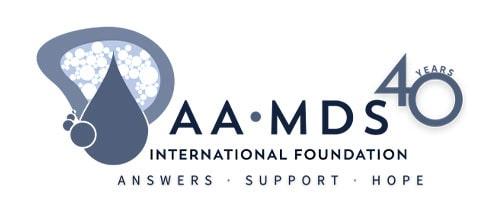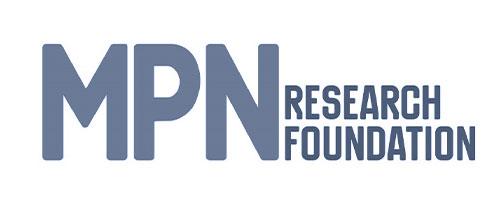Keros Therapeutics, Inc. (Keros) is a clinical-stage biopharmaceutical company focused on the discovery, development and commercialization of novel treatments for patients suffering from hematological, pulmonary and musculoskeletal disorders with high unmet medical need. As we advance our product candidates through clinical development, our goal is to ensure access to these product candidates at the appropriate time and in the correct manner for patients. Use the links provided for more information about Keros' product candidates and pipeline. In addition, you can find additional information about Keros' ongoing clinical trials by accessing https://clinicaltrials.gov/
Expanded access, also sometimes referred to as “compassionate use,” refers to a potential pathway for a patient with a serious or immediately life-threatening disease or condition may gain access to an investigational therapy outside of a clinical trial when there is no comparable or satisfactory therapy available. Several factors consistent with guidelines by the U.S. Food and Drug Administration (FDA) and other regulatory agencies should be taken into account when considering expanded access, including, but not limited to:
- The illness must be serious or immediately life-threatening, with no other satisfactory treatment options (such as approved products or enrolling clinical trials).
- There is sufficient evidence that the potential benefit to the patient would likely outweigh the potential risks, based on all available safety and efficacy information.
- Ability to provide a product in a fair and equitable manner, so that there is adequate manufacturing capacity for ongoing programs.
- Providing the investigational drug will not interfere with clinical trials that could support the investigational drug's development or marketing approval for the treatment indication.
At this time, Keros does not have an investigational product candidate available for expanded access. We believe that participation in clinical trials, which are carefully designed to determine the safety and efficacy of an investigational therapy, is the most appropriate way for patients to access an investigational therapy until sufficient evidence is available that suggests the potential benefit outweighs the risk.
As authorized by the 21st Century Cures Act, Keros may revise this Expanded Access Policy at any time.
If you have additional questions, please speak with your treating physician or contact Keros at KerosMedInfo@nullkerostx.com. We anticipate acknowledging receipt of requests sent to this email within five business days.



